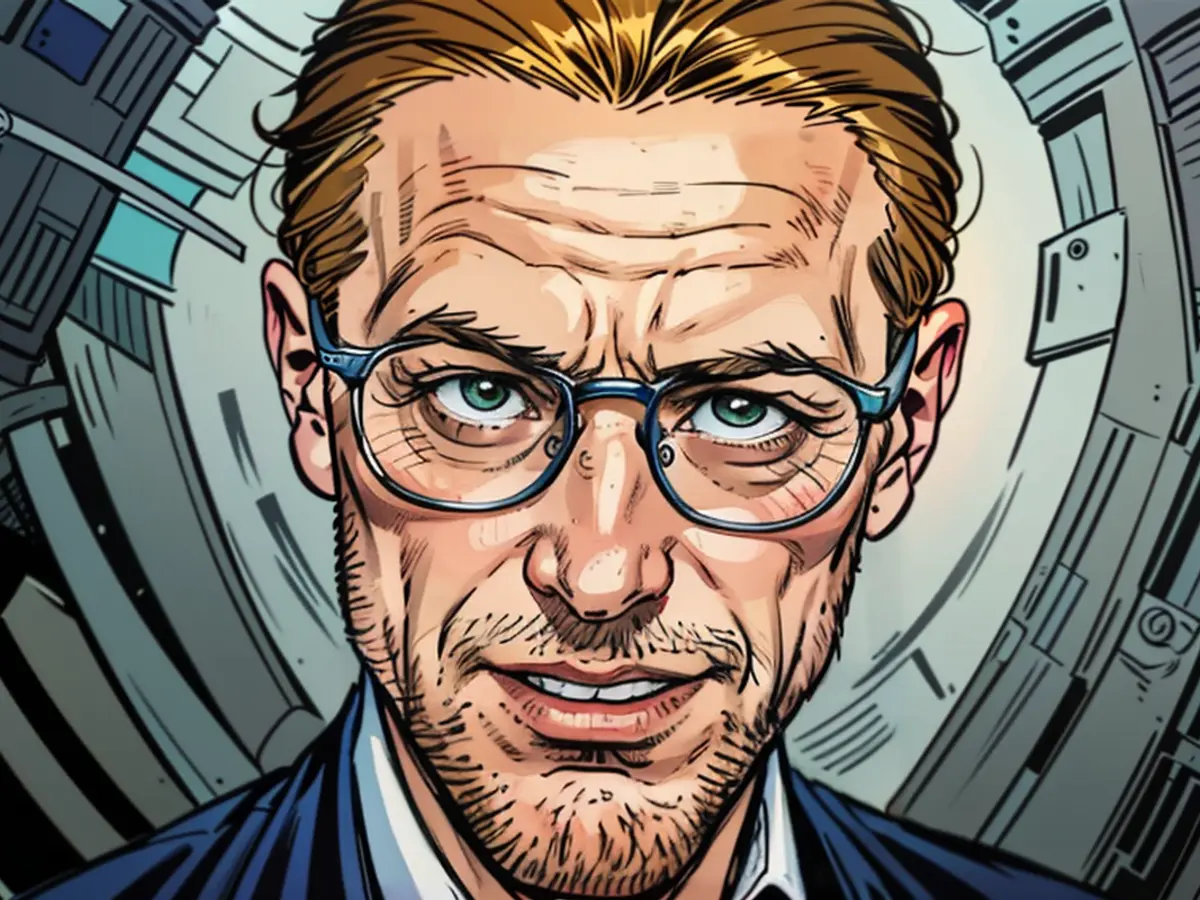- Preparing for Brandenburg's Elections: Fortifying the Political Moderate Sector
CDU Head Friedrich Merz, in response to the successful elections for AfD and Sahra Wagenknecht's alliance in Saxony and Thuringia, emphasizes the need to bolster the political center before the Brandenburg state election. Addressing voters in Brandenburg, Merz stated, "Pay close attention to what's happening in Thuringia and Saxony. Ensure there are clear political majorities on the center spectrum." Speaking to the German Press Agency in Berlin, Merz expressed this viewpoint.
Currently, the SPD in Brandenburg is led by Minister President Dietmar Woidke and appears to be unaffected by the five-percent threshold. Merz also stressed, "The SPD has a role to play in ensuring stable political majorities on the center spectrum in the future." According to polls, the SPD is at 20 percent in Brandenburg, the CDU at 19 percent. The AfD is at approximately 24 percent, and the BSW at 17 percent.
Merz does not foresee a CDU split
When asked if he anticipated a CDU split due to upcoming talks with the BSW and potentially the Left Party in Saxony and Thuringia, Merz responded, "No, not necessarily. The media sometimes suggest this, but the party is very clear and completely united on these matters." He further added, "There was a great deal of agreement between us and the Thuringians, the Saxons, and all of us."
Saxony's Minister President Michael Kretschmer and Thuringia's CDU leader Mario Voigt have explicitly stated their positions, Merz explained. "I have full confidence in both of them to handle this assignment responsibly, as assigned by the voters." If there were any challenges within the state associations or calls for talks with the AfD, Merz said, "I don't see the need for intervention from my side right now."
"Avoiding unwanted advice from the western comfort zone"
Merz acknowledged the apprehension among many in the western CDU about the current discussions in Thuringia and Saxony. "But we, as the CDU, must accept it, and not provide unwanted public advice from our comfortable western perspective," he stated.
Regarding Kretschmer's recommendation to steer clear of the term "firewall" in relation to the AfD, Merz said, "The term 'firewall' has never been a part of our lexicon. It has always been an imposed term from outside sources." He further clarified, "I don't need to distance myself from a term I didn't introduce myself." Kretschmer argued that the AfD exploits the term "firewall" to position itself as a victim, which resonates with some voters.
The CDU achieved results on Sunday that were double those of the entire traffic light coalition, Merz highlighted. Therefore, the CDU is now responsible for ensuring stable governments capable of addressing local political issues. This consensus is clear: "There will be no coalition with the AfD, no cooperation with the AfD, and the same applies to the Left Party."
The BSW is essentially a "mystery" for the CDU, Merz pointed out. The question at hand now is, "Are the elected members willing to participate in a sensible government formation?" Merz explained, adding, "That's a question that needs to be answered in Dresden and Erfurt, not Berlin." Discussions may take several weeks, and coalitions are yet to materialize.
Wagenknecht will not join any government, Merz confirmed. He expressed his belief that BSW founder "Wagenknecht will not engage in petty state politics. Wagenknecht has never been involved in such matters in federal politics either." She "has always operated at a higher level. She has never truly worked within a government or parliament."
Merz emphasized the significance of maintaining political majorities on the center spectrum, mentioning the SPD's role in Brandenburg, saying, "The SPD has a role to play in ensuring stable political majorities on the center spectrum in the future." Furthermore, discussing the CDU's position with the BSW and potentially the Left Party in Saxony and Thuringia, Merz stated, "I don't see the need for intervention from my side right now."








